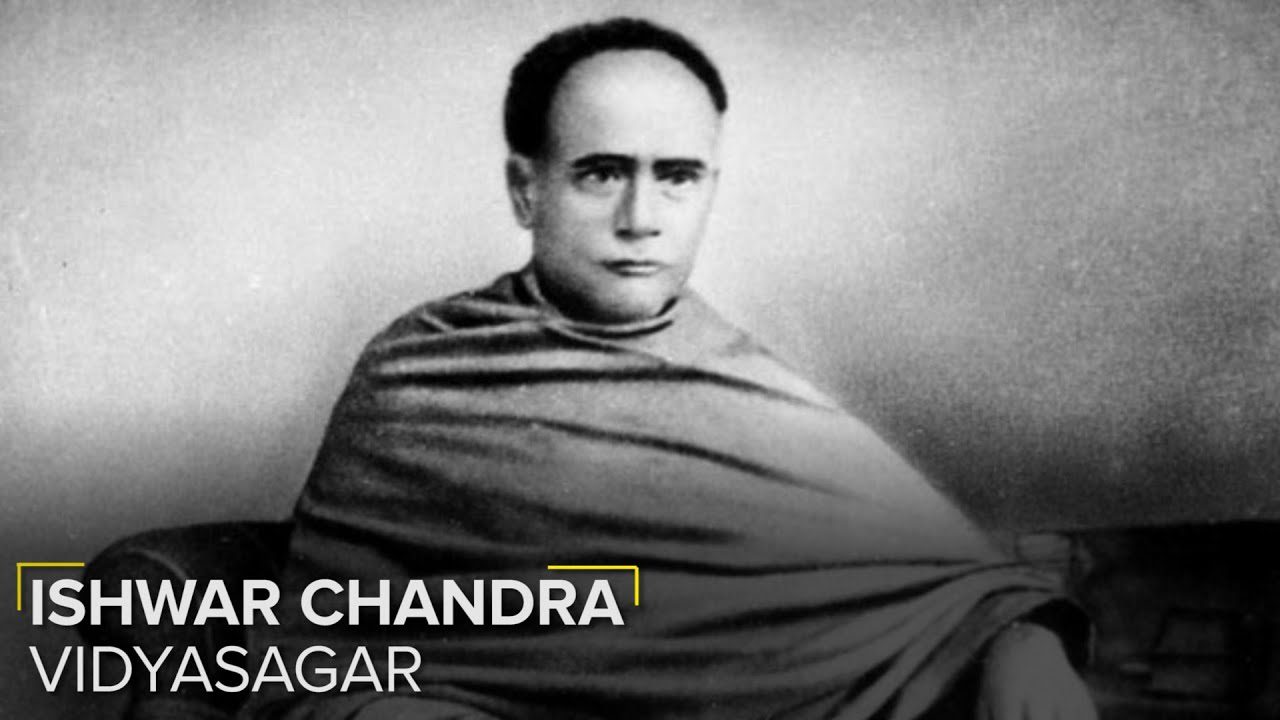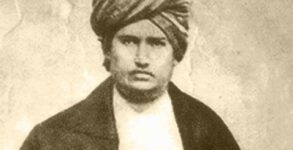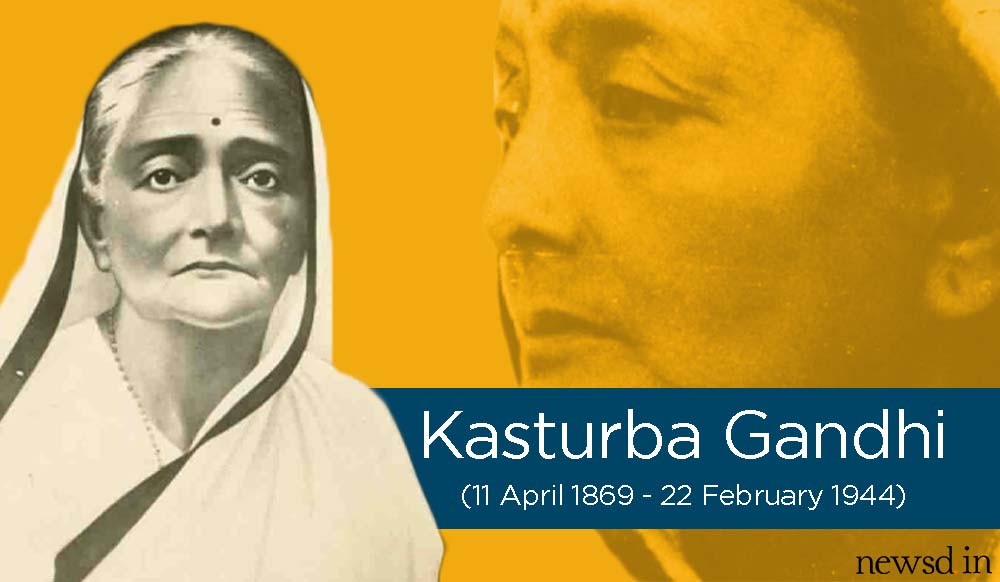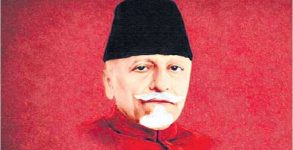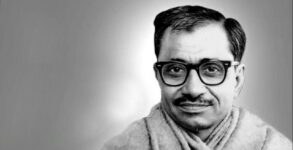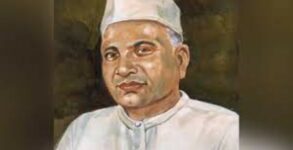Ishwar Chandra Vidyasagar was a great social reformer, writer, educator, entrepreneur and worked endlessly to transform society. His contribution towards education and changing the status of women in India was remarkable. Ishwar Chandra Vidyasagar strongly protested against polygamy, child-marriage and favored widow remarriage and women’s education in India. Because of his contribution towards such issues, the Widow Remarriage Act was passed in 1856 making the marriage of widows legal.
Shortly after Vidyasagar’s death, Rabindranath Tagore reverently wrote about him: “One wonders how God, in the process of producing forty million Bengalis, produced a man!”
Here are some interesting facts on the revolutionary that you should know:
- He was born as Ishwar Chandra Bandyopadhyay in an orthodox family on 26th September 1820
- He was an Indian Bengali polymath and a key figure of the Bengal Renaissance
- He was a philosopher, academic educator, writer, translator, printer, publisher, entrepreneur, reformer, and philanthropist
- His quest for knowledge was so intense that he used to study under a street light as it was not possible for him to afford a gas lamp at home
- In the year 1839, Vidyasagar successfully cleared his Law examination
- In 1841, at the age of twenty one years, Ishwar Chandra joined Fort William College as a head of the Sanskrit department
- He introduced the practice of widow remarriage and pushed for the Widow Remarriage Act XV of 1856
- He reconstructed the Bengali alphabet and reformed Bengali typography into an alphabet (actually abugida) of twelve vowels and forty consonants
- He received the title of ‘Vidyasagar’ which means Ocean of Knowledge from Sanskrit College, Calcutta (from where he graduated), due to his excellent performance in Sanskrit studies and philosophy
- He authored many books that are now a part of Bengali literature

